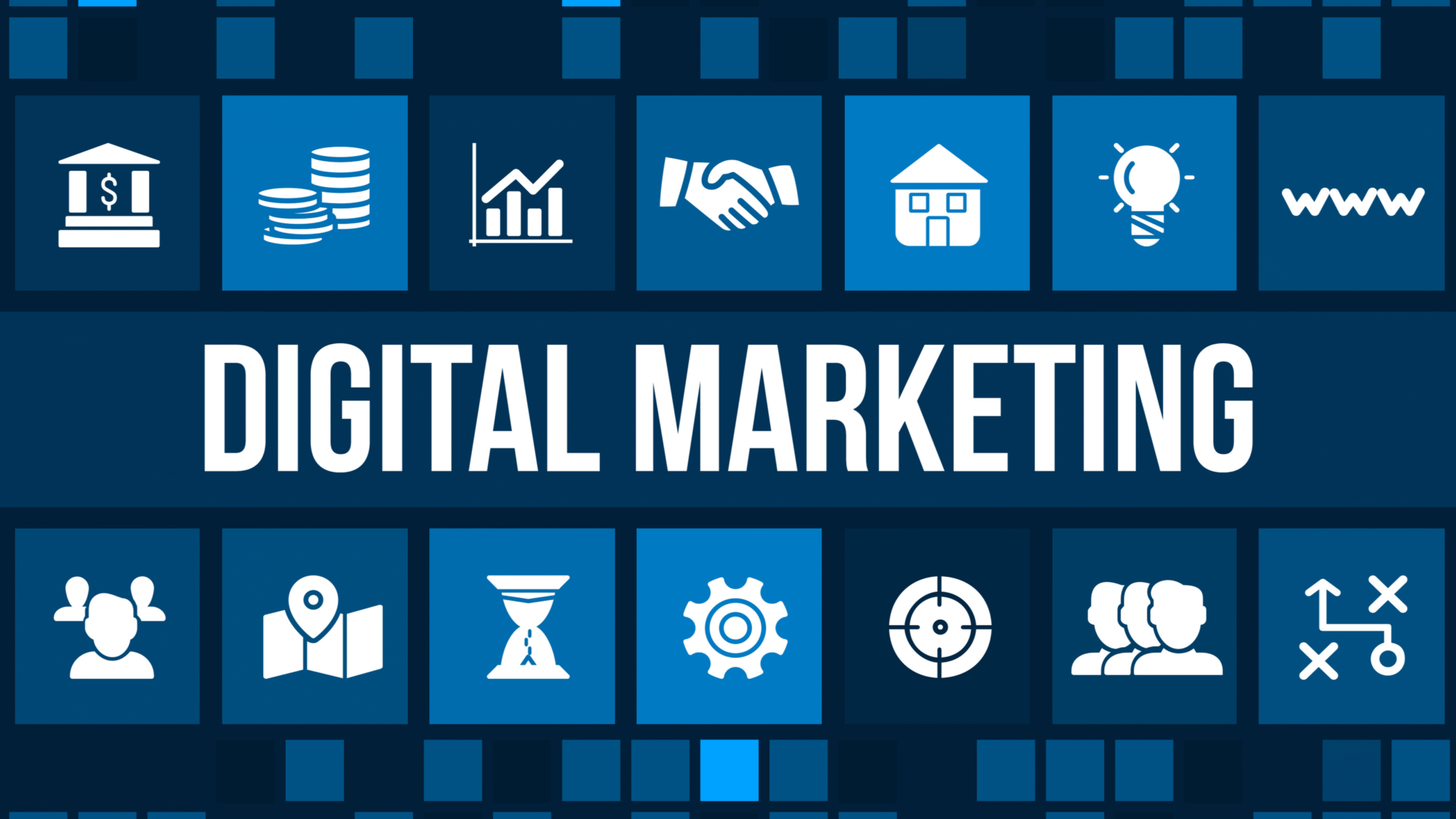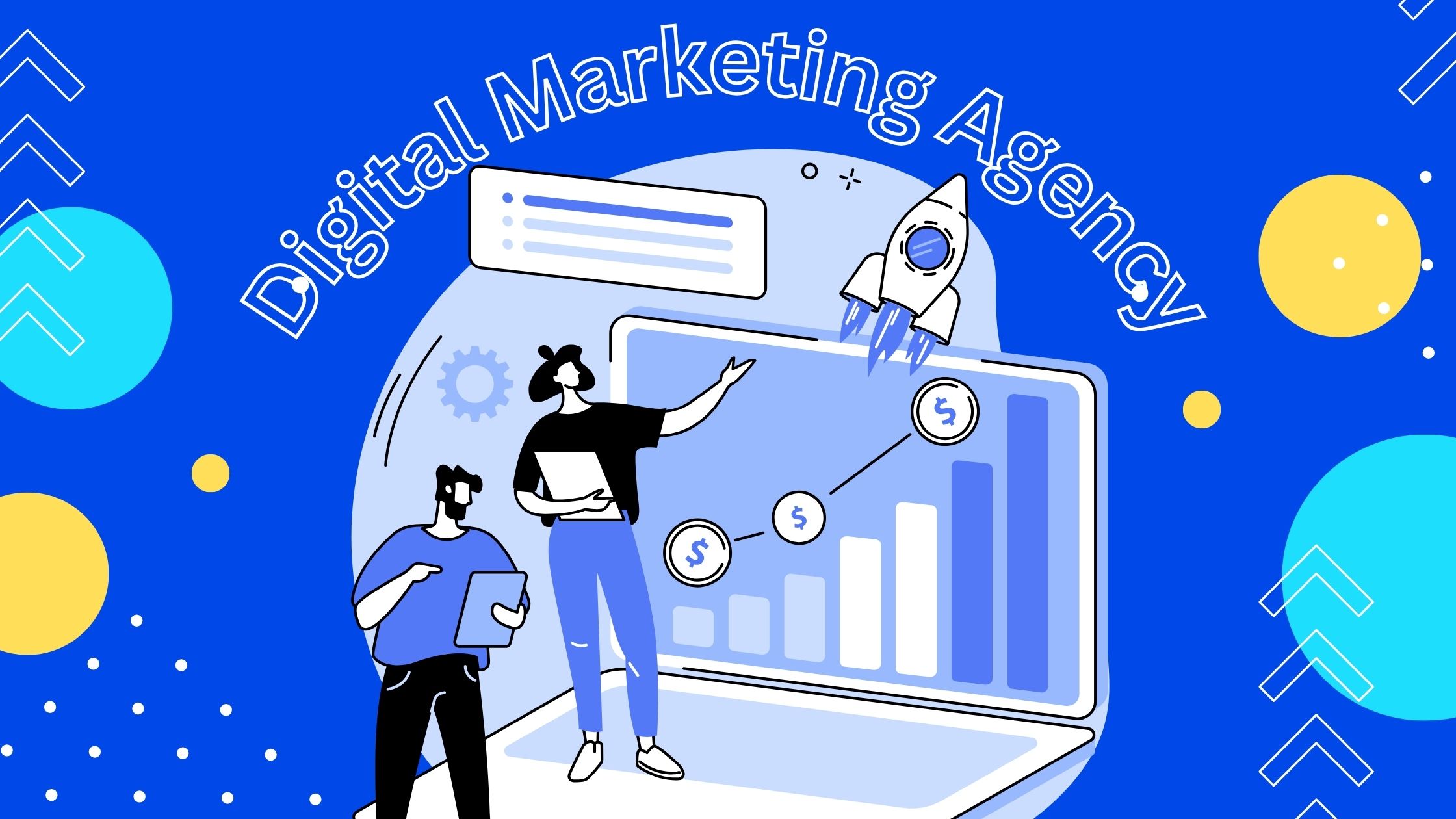GoHighLevel Email Marketing Automation: A Complete Guide
In today’s digital world, businesses need smart tools to engage leads and grow consistently. GoHighLevel email marketing automation helps you send timely, personalized messages and scale your campaigns effortlessly. Combined with GoHighLevel automation setup services and the GoHighLevel funnel builder, it creates a complete system for business growth. 1. What is GoHighLevel Email Marketing Automation? In simple terms, GoHighLevel email marketing automation helps you design, schedule, and manage email campaigns that respond to each user’s actions, interests, and stage in the customer journey. Unlike traditional bulk emails, this system automatically sends the right message at the perfect time. Using automation this way lets you do more than send regular newsletters — it creates smart, personalized sequences that guide leads toward conversion. Because every action is based on real data and behavior, you achieve stronger engagement, higher response rates, and more reliable results. 2. Why You Should Use It for Your Business If managing endless email campaigns feels overwhelming, GoHighLevel email marketing automation makes the process effortless. Once your workflows are set up, they run automatically, saving you time and reducing manual effort. It also enhances the customer experience by sending personalized messages based on real behavior instead of generic mass emails. When you connect it with the GoHighLevel funnel builder, you not only capture new leads but also guide them from awareness to decision while nurturing them through every stage. In short, GoHighLevel email marketing automation helps you replace guesswork with predictable, consistent business growth. Learn more about how Blogrator GoHighLevel services work. 3. Key Features of GoHighLevel Email Marketing Automation Here are some of the most powerful features that make GoHighLevel email marketing automation stand out: I. Trigger-based workflows Set specific actions like “clicked a link,” “visited the pricing page,” or “abandoned cart,” and the system automatically sends follow-up emails at the right time. II. Personalization at scale Use customer details such as name, company, or previous purchase to make every automated email feel personal and relevant. III. Smart segmentation and tagging Organize your audience by behavior, source, or customer stage, and apply tags to send the most suitable email sequence to each group. IV. Built-in analytics and reporting Track open rates, click rates, and conversions from one dashboard, helping you understand which campaigns work best. V. Integration with funnel builder With the GoHighLevel funnel builder, connect landing pages, upsells, and checkout steps directly to your email workflows for seamless conversions. VII. Easy optimization and maintenance Duplicate workflows, test subject lines, and refine triggers to continually improve your automation performance. By using these features, you can create meaningful, human-like email journeys that connect with your audience—far beyond the typical one-size-fits-all broadcast. 4. Step-by-Step: How to Implement It Here’s an easy step-by-step process to implement GoHighLevel email marketing automation for your business: Define your goal: Decide what you want to achieve—whether it’s nurturing cold leads, converting free users, or re-engaging past customers. Map the customer journey: Identify key moments when emails should be triggered to keep your audience engaged. Set up tags and segments: Organize contacts based on their actions—such as visiting a page, clicking a link, or making a purchase—to send targeted messages. Build email templates: Create personalized templates for each stage, including welcome, nurture, conversion, and follow-up emails. Create automation workflows: Inside GoHighLevel, set up triggers, actions, and delays to form complete automated sequences. Connect with the GoHighLevel funnel builder: Link your landing pages and checkout processes to these workflows for a seamless customer journey. Test and launch: Run a few tests, track open and click rates, and adjust timing or content where needed. Monitor and improve: Use analytics in GoHighLevel to measure results and continuously refine your campaigns. Following these steps turns GoHighLevel email marketing automation into a reliable, results-driven system that consistently boosts conversions and customer engagement. 5. Tips for Maximising Results Once you start using GoHighLevel email marketing automation, these simple tactics can help improve performance and engagement: Keep it conversational: Write short, friendly emails — automation should feel human, not robotic. Use clear calls-to-action: Match every CTA with where the reader is in their journey. Balance automation and newsletters: Combine triggered sequences with regular updates to maintain consistency. Test and optimize: A/B test subject lines, preview text, and send times to boost open rates. Segment by behavior: Send follow-ups based on actions, like “clicked but didn’t buy,” for better relevance. Track key metrics: Monitor open, click-through, and conversion rates to refine your strategy. Update regularly: Refresh your content so sequences stay current and engaging. By applying these best practices, GoHighLevel email marketing automation becomes a long-term growth tool that keeps your audience engaged and your brand top of mind. 6. How Automation Setup Services & Funnel Builder Tie In Although you can create your own workflows, many businesses choose professional GoHighLevel automation setup services for better precision and faster results. These services include: Expert workflow setup: Proper configuration of tags, triggers, and automation sequences. Custom templates: Professionally designed emails and triggers tailored to your goals. Multi-channel integration: Smooth connection between emails, SMS, voice, and chatbot automation for a unified experience. Funnel integration: Setup of the GoHighLevel funnel builder to capture leads, drive upsells, and boost conversions. By combining GoHighLevel email marketing automation, expert setup services, and the funnel builder, you create a complete system that captures, nurtures, and converts leads automatically. Conclusion If you’re ready to take your marketing to the next level, GoHighLevel email marketing automation is the perfect tool to start with. When paired with GoHighLevel automation setup services and the GoHighLevel funnel builder, it forms a powerful, scalable system that captures, nurtures, and converts leads seamlessly from start to finish. For expert assistance in setting up and optimizing your automation system, visit Blogrator Web Service — your trusted partner for professional GoHighLevel solutions that drive real growth.








